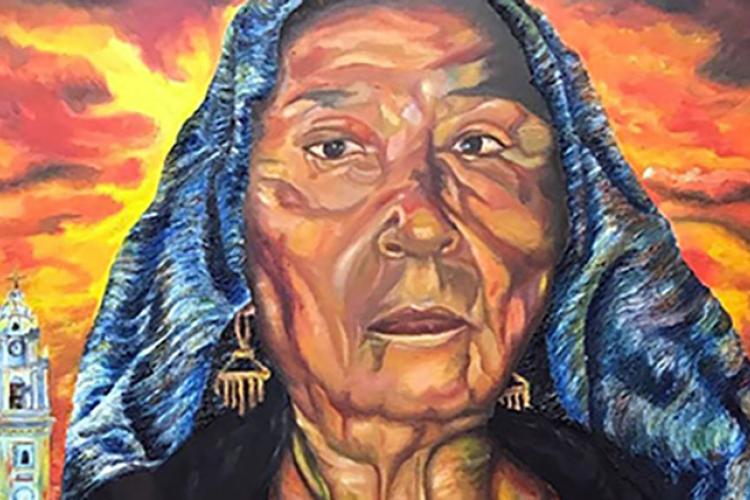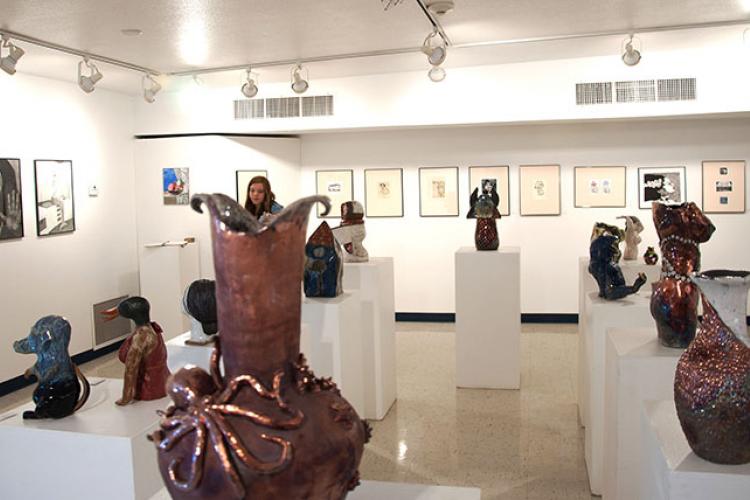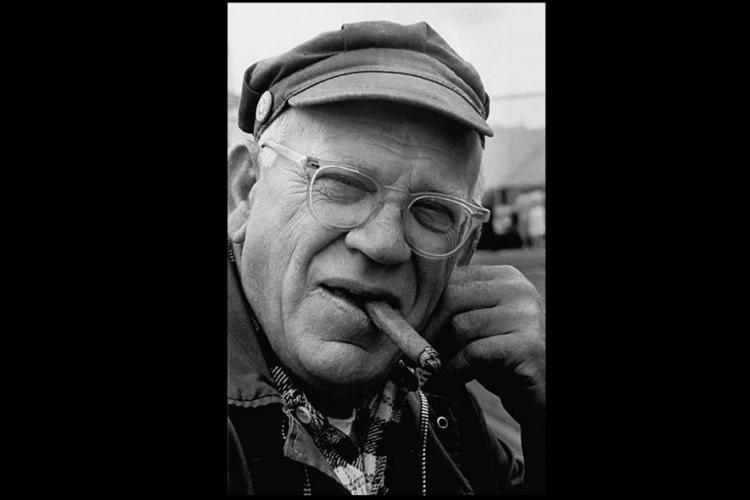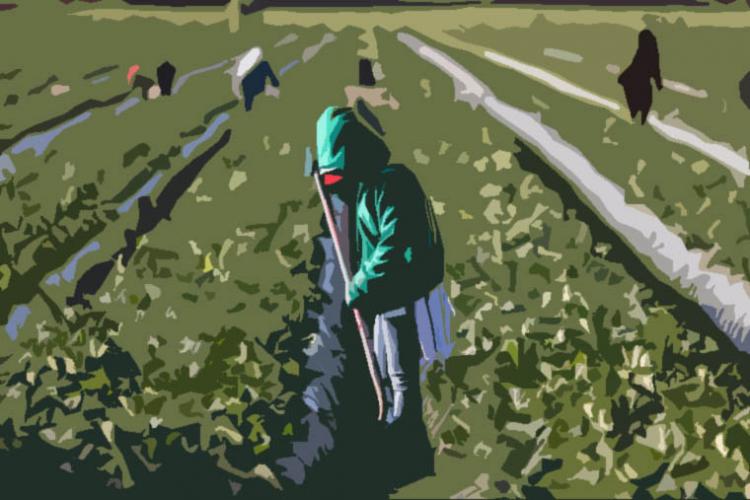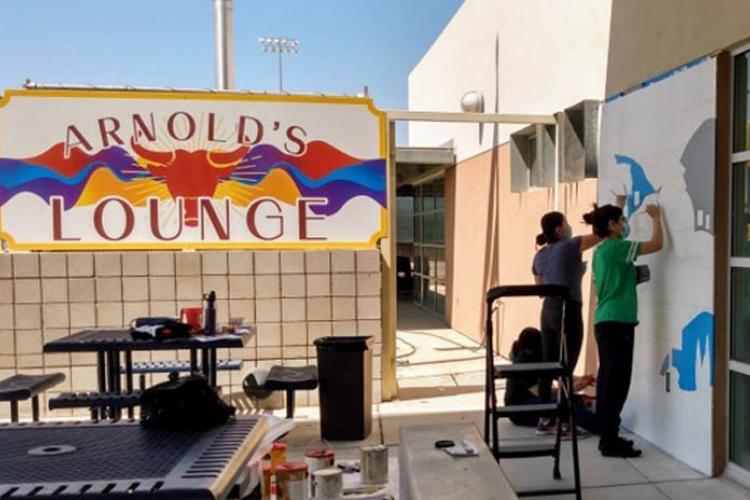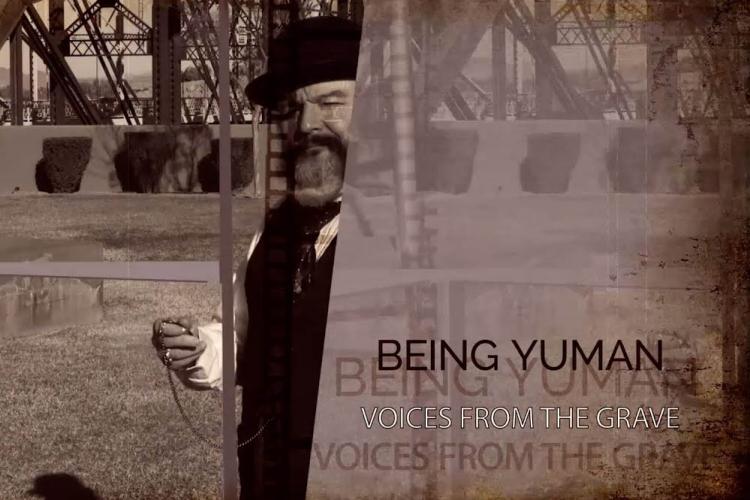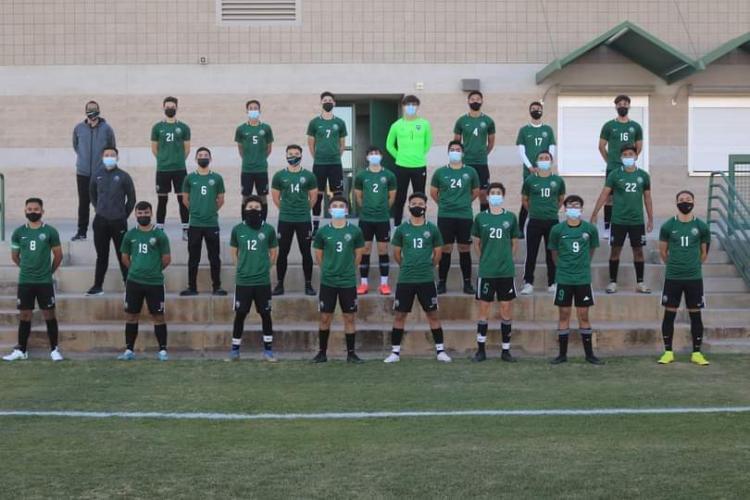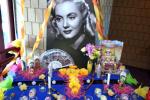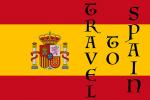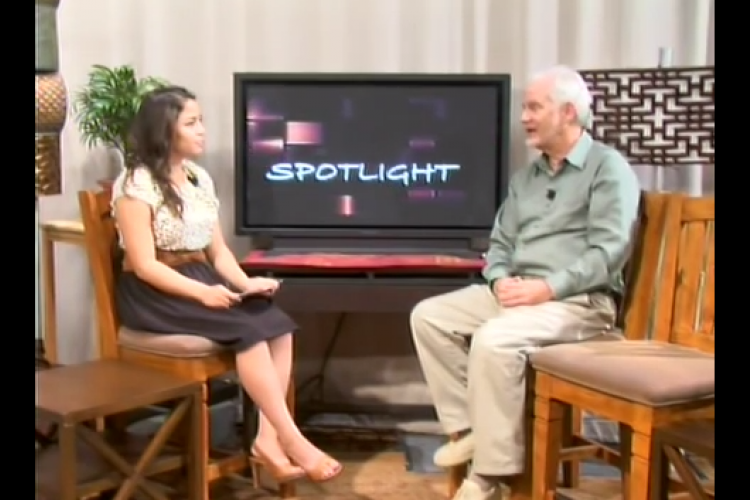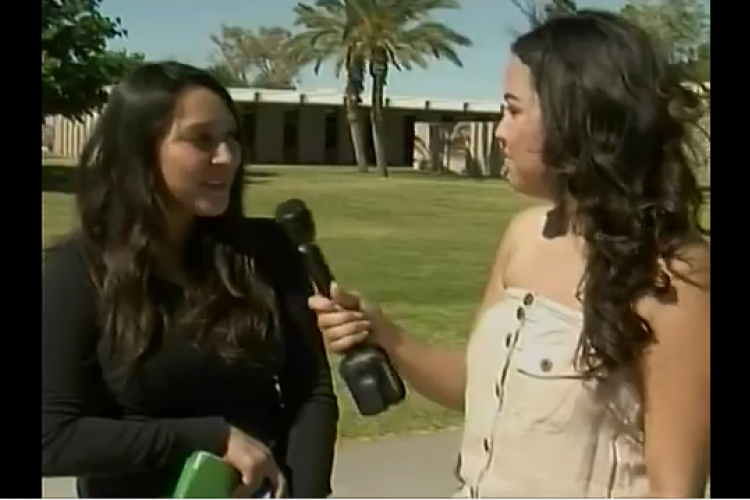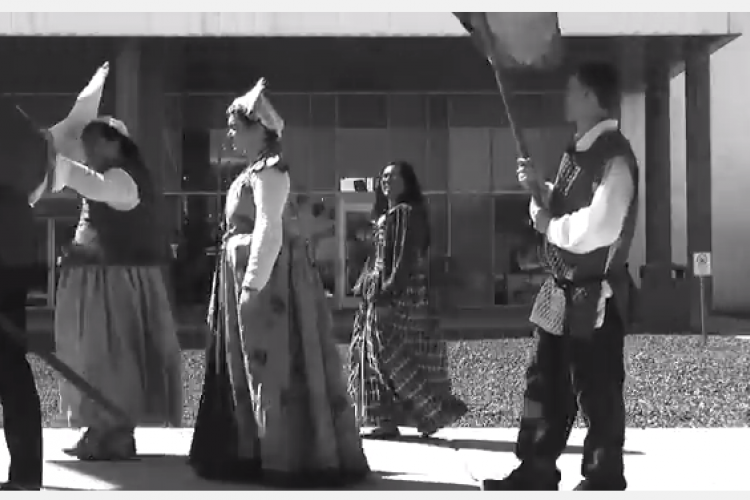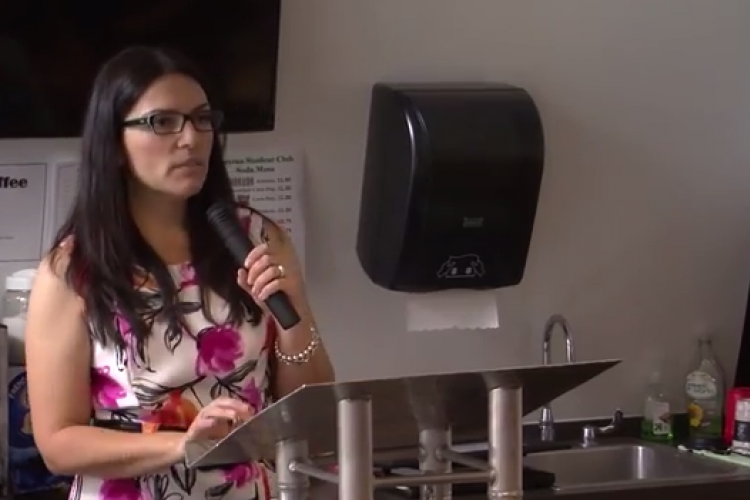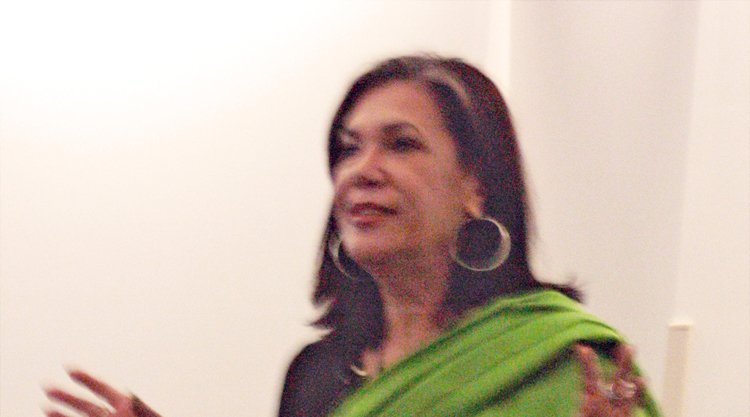
While the desert winds howled outside the Schoening Conference Center, students, staff and community members got a rare glimpse of celebrity. The renowned poet, writer and essayist Ana Castillo made two appearances on campus that day -- first speaking about her current work and what it's meant for her to find success as a Mexican-American author, and later reading from some of her more famous fiction and poetry.
Castillo has mass appeal in the American Southwest in part because of her Mexican-American heritage. The main reason for Castillo's celebrity, however, is that she is an outstanding writer. Her works have been lauded in literary circles for decades, and her background has made her a hero for aspiring Chicana writers everywhere.
Despite pounding the pavement on the lecture circuit, the Chicago-born writer is still very active in her writing. Currently, she is re-releasing her celebrated collection of critical essays, Massacre of the Dreamers, as a revised, twentieth anniversary edition.
"At that time, considered a young radical woman-of-color writer, I was raising issues that had never been raised before, certainly not in public," Castillo said of the essays. Part of the issues raised by her and her contemporaries at the time concerned a lack of respect for women of color in the human rights movements, more specifically, the feminist movement.
Poetry was Castillo's first foray into writing.
"In my generation, most of us began as poets," said Castillo. "I wrote poetry for many years before a friend of mine said, ëAna, we're going to make it, but we're not going to make it as poets; we're going to make it as fiction writers.' I said, ëWe are?'"
Her friend's prescience proved perfect as Castillo went on to write several important novels, including The Mixquiahuala Letters and So Far From God. Castillo has just finished another soon-to-be-published novel, Give It to Me.
When responding to a question regarding the challenges Castillo has faced in her career, not only as a female author but also as a Hispanic writer, she said, "I came up in a generation where there were no precedents. There was nobody from the U.S. that looked like me or came from my background at that time that was publishing."
"I was doing it in a very isolated way, but there were also other women of that generation who helped open up that path," said Castillo. "It was sort of the time for us, if you will."
Castillo went on to explain that publishing books is a business and to be successful, writers have to be entertaining.
"It doesn't matter so much what the work is about," she said. "As long as the reader is entertained, they'll keep coming back. I just so happen to write about what interests me, and that is human rights."

